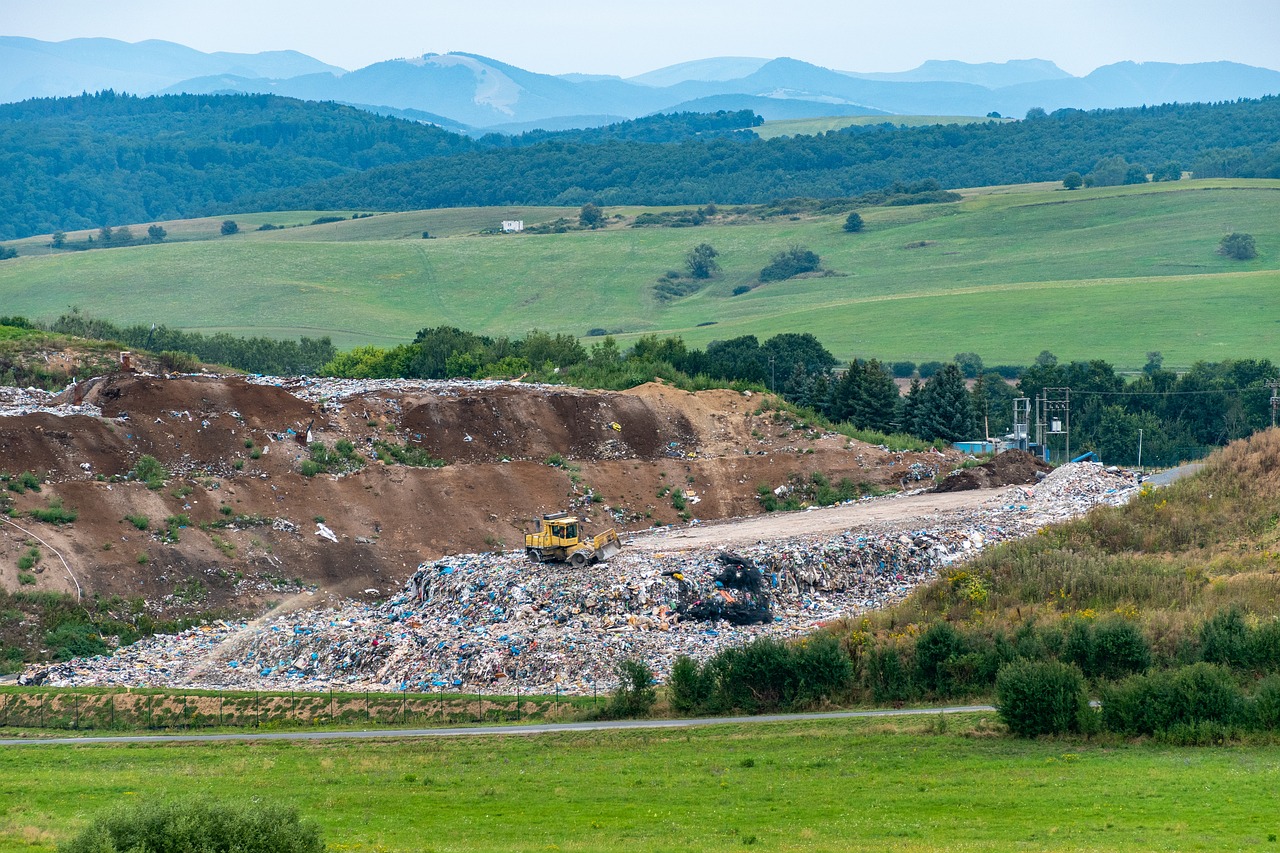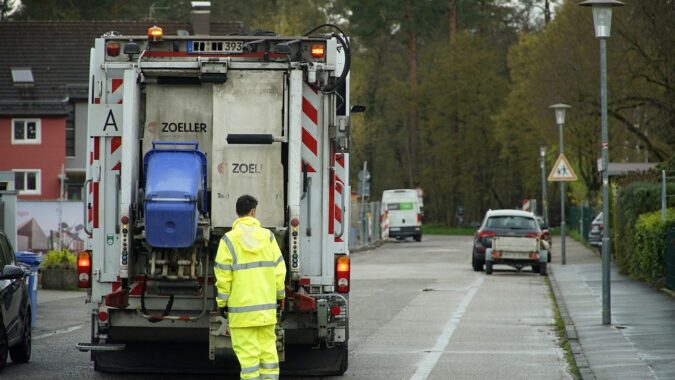4 Big Waste Management Changes and Trends in 2025
A new year introduces fresh goals, challenges, and trends to many areas of life – and waste management is no exception. Big changes are set for waste management across the UK in 2025. Your business should be aware of them to help navigate them smoothly and stay on top of key trends.
The UK government announced important changes to business waste collections that will be enforced in 2025. Increases in landfill tax may also impact waste management costs for many businesses. And recycling targets from Defra (Department for Environment, Food and Rural Affairs) remain in place as many businesses seek sustainable ways of working.
To help your business comply with new waste regulations and be ready for other changes we’ve compiled four key things to be aware of in the coming year. Prepare your business with these four important changes and trends set to affect waste management in 2025.

1. Simpler Recycling
The biggest change to the waste management landscape in the UK for 2025 will be the introduction of Simpler Recycling. From 31 March 2025, any business with ten or more full-time employees must have separate collections in place for:
- Food waste
- Paper and cardboard
- All other dry recyclable materials (plastic, metal, and glass)
It means from the start of April this year your business must have individual bins to segregate these waste types. Paper and card must be collected separately from other dry mixed recycling. The changes to food waste legislation require bins for any food waste to prevent it from being thrown away with general waste.
If you run a business with more than ten full-time employees then you must have the appropriate bins and waste collections in place before 31 March 2025. We advise getting these in place before the end of March deadline to ensure compliance with the new Simpler Recycling regulations. Contact us if you want to arrange extra collections or have any questions.
2. Landfill tax rises
Every year the landfill tax rate usually rises, but from 1 April 2025, the standard rate will increase by 22%. There are two rates, yet most waste that businesses send to landfill sites is charged at the standard rate, which is significantly higher. The lower rate applies to ‘inactive waste’ such as rocks and soil.
From 1 April 2025 landfill tax will be:
- Standard rate – £126.15 per tonne (previously £103.70)
- Lower rate – £4.05 per tonne (previously £3.30)
These apply to landfill sites in England and Northern Ireland, but the Scottish and Welsh governments have announced rates that match them currently. The tax increase directly affects landfill site operators, but it will undoubtedly be passed down to waste carriers and their customers (such as your business).
It means that the cost to get rid of any waste your business produces that’s sent to landfill sites for disposal will likely increase. This increase aims to encourage alternative disposal methods such as recycling, recovery, and energy from waste. Check what waste type and amounts your organisation sends to landfills and seek alternatives for sustainable and cost-effective solutions.

3. Growing sustainability demands
There’s already a greater focus on the use of sustainable materials by many businesses but this looks set to grow in 2025. Many will look for sustainable solutions as companies aim to reduce the amount of waste they produce and recycle, reuse, and recover as much as possible.
Holding higher standards means companies working with suppliers that create products made of sustainable and fully recyclable materials. This will be especially true when it comes to packaging, so businesses can minimise sending waste to landfill sites. It also helps companies meet their green goals and demonstrate eco credentials to attract sustainable-minded customers and clients.
The impact of Simpler Recycling and higher landfill taxes means moving away from businesses throwing away rubbish with general waste without a second thought. To operate sustainably and save money many will want biodegradable and fully recyclable packaging and products that can be disposed of sustainably and away from landfill sites and incineration.
4. The increasing impact of AI
Artificial Intelligence (AI) was one of the most talked about topics last year and it doesn’t look like slowing down in 2025. AI-integration is already in place at many waste plants around the UK and this could increase in the coming year. Its main application is to help sort waste materials to improve recovery rates.
AI and automated technology are also used to monitor equipment and machinery in waste facilities. This helps identify potential maintenance issues so they can be checked and fixed to minimise any unplanned shutdowns. Pre-empting failures helps save time and money that breakdowns may cause in waste management facilities.
Expect AI technology to be implemented in more ways across the waste management market in 2025.

Have your waste collected
Get a fast FREE quote for your waste collection 0800 211 83 90
- Free quote within 1 hr
- Any type of waste
- FREE bins and delivery
- We cover all of the UK